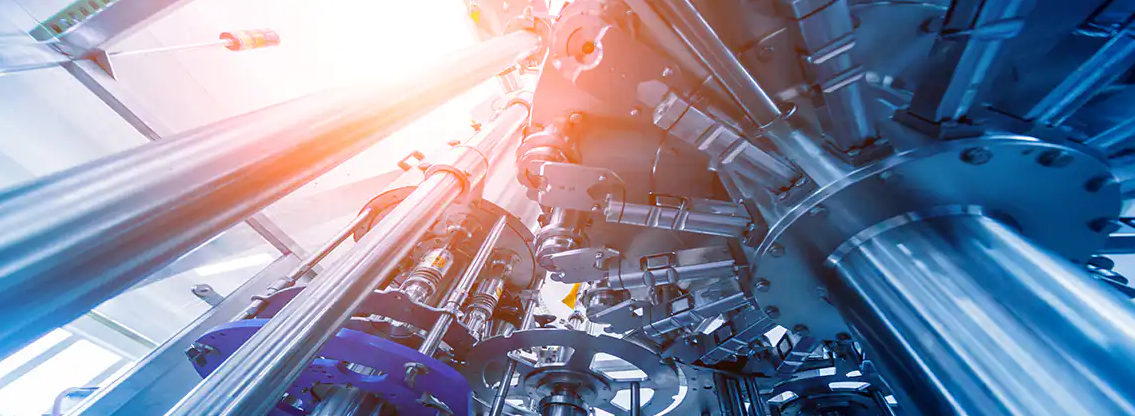Prototype manufacturing plays a crucial role in the product development process. It involves the creation of a working model of a product to test and validate its functionality, design, and performance, before it is launched into the market. This article explores the importance of prototype manufacturing in the product development process.
Firstly, prototype manufacturing helps to reduce product development costs. It enables designers and engineers to identify and correct design flaws and performance issues before the product is mass-produced. This saves time and resources that would have been spent on redesigning and retooling production equipment. By using prototypes to test and validate product designs, companies can avoid costly mistakes and reduce the risk of product failures.
Secondly, prototype manufacturing helps to improve product quality. By creating prototypes, designers and engineers can identify potential problems early on in the development process, and make necessary adjustments to improve the product\’s design, functionality, and performance. This not only improves product quality but also enhances customer satisfaction and increases sales.
Thirdly, prototype manufacturing helps to speed up the product development process. By creating prototypes, companies can test and validate product designs quickly, without having to wait for the final product to be manufactured. This enables companies to bring their products to market faster, giving them a competitive advantage over other companies.
Fourthly, prototype manufacturing helps to facilitate communication between designers, engineers, and other stakeholders involved in the product development process. By creating prototypes, everyone involved in the process can see and touch the product, and provide feedback on its design, functionality, and performance. This promotes collaboration and ensures that everyone is on the same page when it comes to product development.

Finally, prototype manufacturing helps to ensure product safety and compliance with regulatory requirements. By creating prototypes, companies can test and validate the safety of their products, and ensure that they comply with regulatory requirements before they are launched into the market. This helps to avoid legal and financial liabilities that may arise from non-compliance.
In conclusion, prototype manufacturing is a critical component of the product development process. It helps to reduce development costs, improve product quality, speed up the development process, facilitate communication, and ensure product safety and compliance. As such, companies that invest in prototype manufacturing are more likely to succeed in the highly competitive market.
-

- Factory Custom China Bmx Cycles Road Sport Bicicletta per bambini 12 16 18 20 pollici Ciclo Mtb per bambini 6-10 anni
-

- Parti e componenti pressofusi in lega di magnesio per e-bike
-

- Componenti e parti pressofusi OEM
-

- Il produttore di pressofusione OEM produce cruscotti automatici in lega di magnesio
-

- Parti e componenti lavorati a CNC
-

- Parti thixomolding su misura Componenti UAV con lavorazione CNC e trattamento superficiale

 0086-750-5616188
0086-750-5616188 +86 13392089688
+86 13392089688 sales@zhongmei-tech.com
sales@zhongmei-tech.com







